Wars that almost happened but didn’t
History is filled with conflicts that almost escalated into full-blown wars but somehow didn’t. These ‘wars that never were’ often involved curious incidents and diplomatic maneuvers that kept the peace.
They offer a fascinating glimpse into how close we have come to large-scale conflicts. By exploring these near-misses, we not only learn about historical tensions but also appreciate the diplomatic efforts that averted disaster.
The 1859 Pig War: A Skirmish Over Swine

The Pig War of 1859 was a peculiar standoff between the United States and the British Empire over the San Juan Islands. It all started when an American settler shot a British-owned pig that was rooting in his garden.
The situation escalated as both sides increased their military presence on the islands. Thankfully, cooler heads prevailed, and the dispute was resolved diplomatically without any shots fired at humans.
The Trent Affair: A Near Miss in the American Civil War
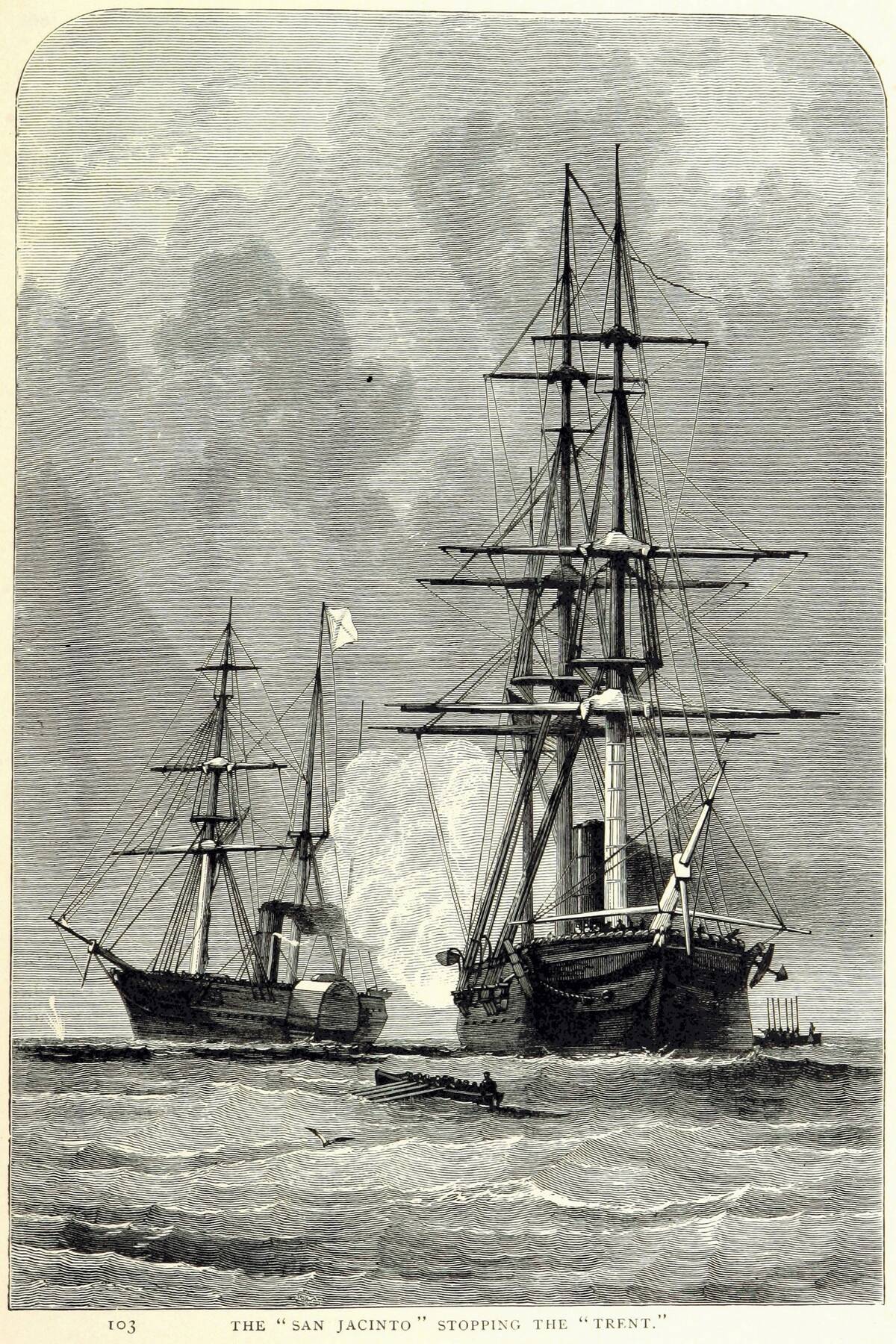
During the American Civil War, the Trent Affair almost brought the United States and Britain to war. In 1861, the Union navy intercepted the British mail ship, RMS Trent, and captured two Confederate diplomats.
Britain was incensed and demanded their release. President Lincoln, keen to avoid a two-front war, wisely released the diplomats, defusing a tense situation that could have drastically altered the course of history.
The Fashoda Incident: A Franco-British Standoff
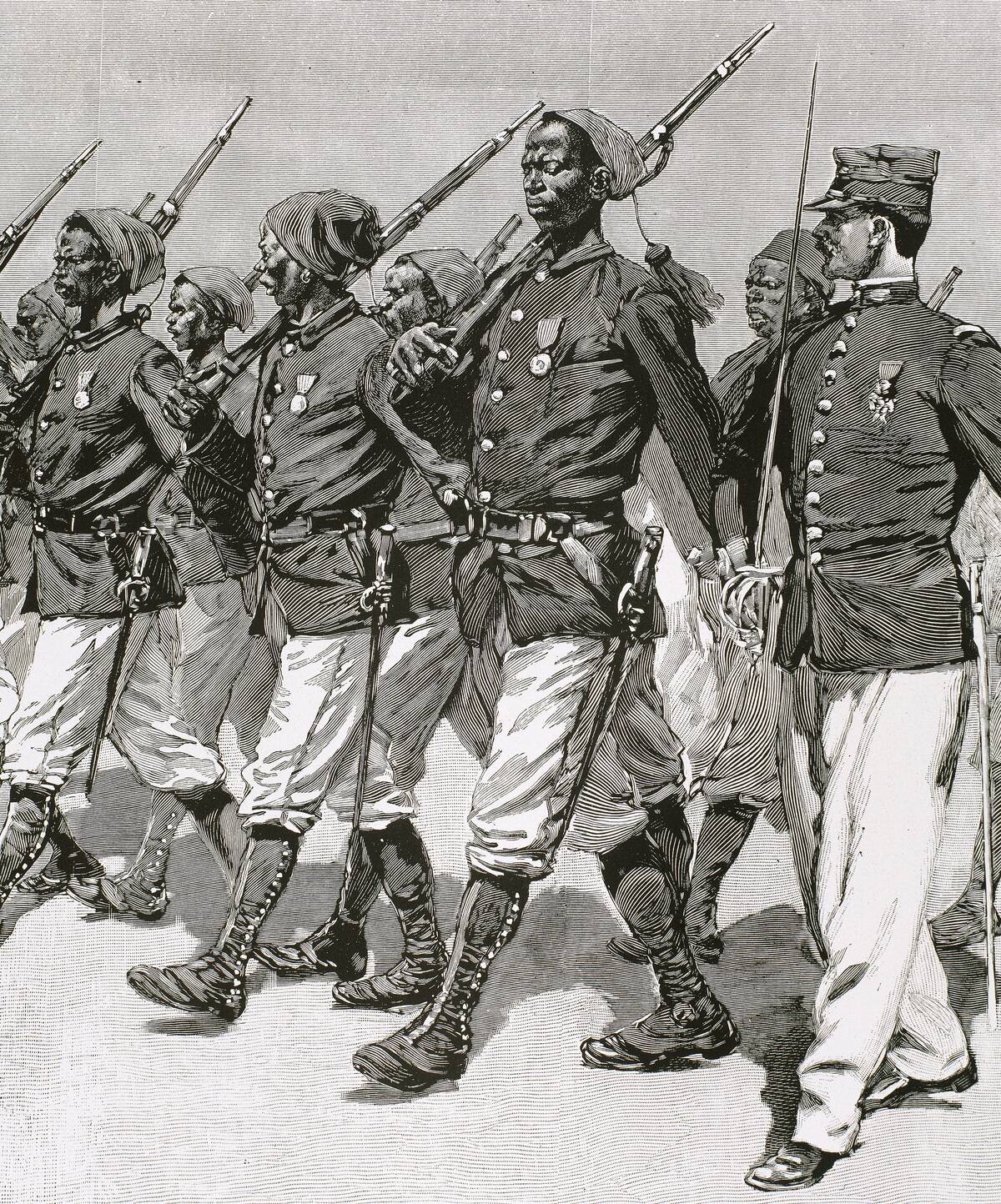
The Fashoda Incident of 1898 was a colonial standoff between France and Britain in Sudan. Both nations vied for control over territories in Africa, culminating in a tense encounter at Fashoda.
Despite the potential for conflict, both sides ultimately decided to negotiate, leading to the Entente Cordiale in 1904. This agreement paved the way for future cooperation, showcasing the power of diplomacy over military engagement.
The Anglo-Swedish War That Wasn’t: A Diplomatic Resolution
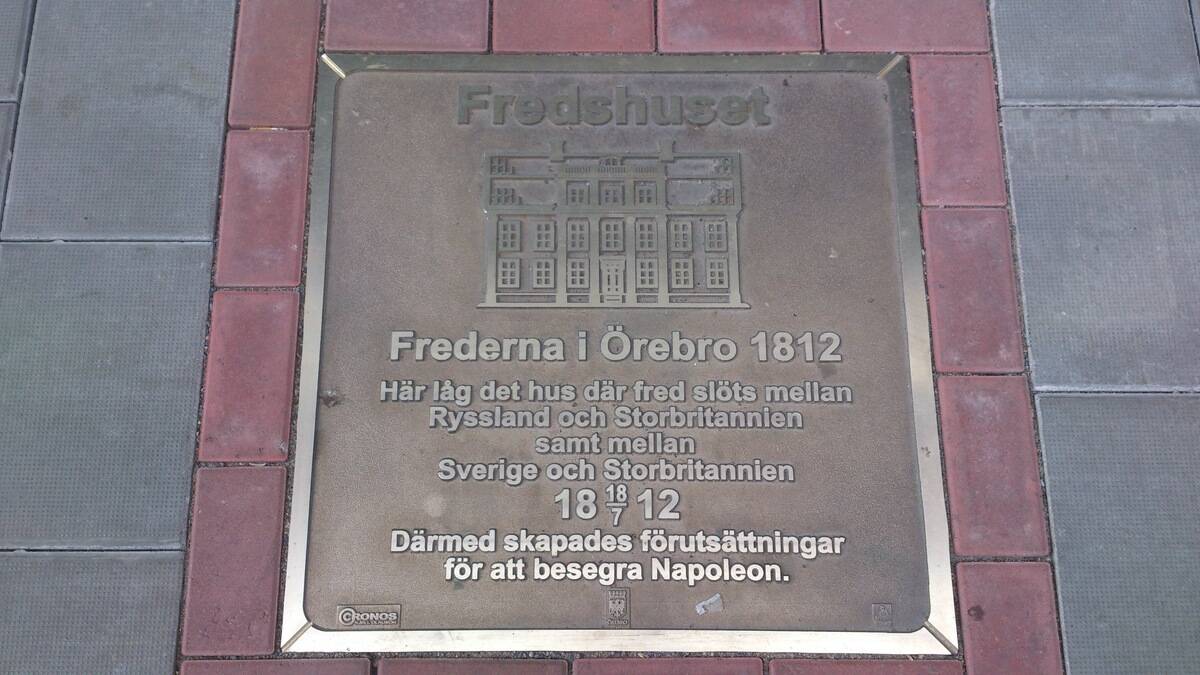
In 1810, Sweden found itself in a tricky situation, pressured by Napoleon to declare war on Britain. The ‘war’ was largely symbolic, with no battles fought between the two nations.
Instead, it served as a clever diplomatic maneuver by Sweden to maintain its neutrality while navigating the complex alliances of the Napoleonic era. This non-war exemplifies how diplomacy can sometimes turn potential conflicts into mere footnotes in history.
The Venezuelan Crisis of 1895: Averted by Arbitration
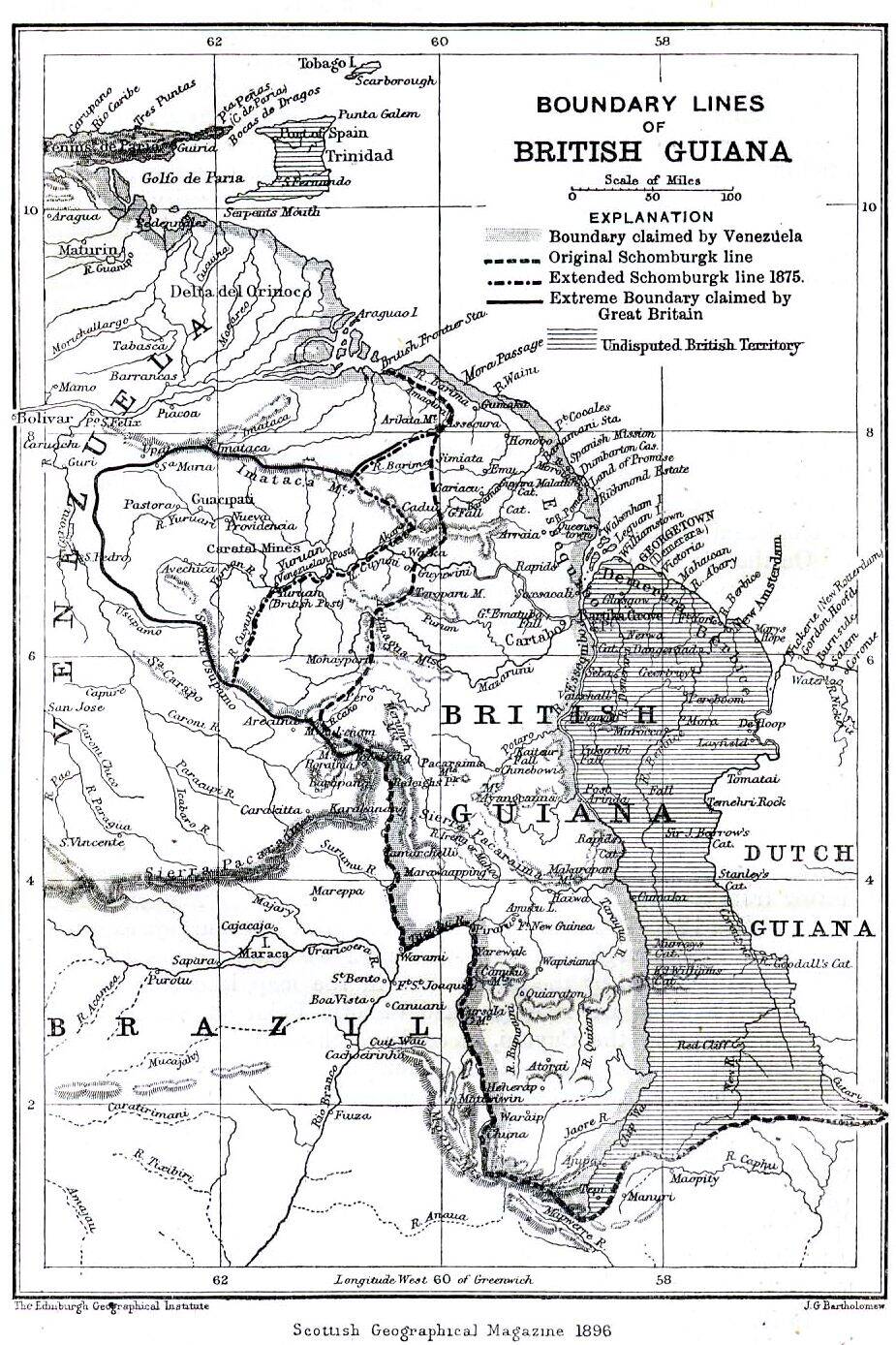
The Venezuelan Crisis of 1895 was a territorial dispute between Venezuela and Britain over the boundary of British Guiana. The United States, invoking the Monroe Doctrine, supported Venezuela, leading to rising tensions.
However, both sides agreed to arbitration, and a tribunal settled the dispute peacefully. This resolution not only avoided war but also strengthened US influence in the Western Hemisphere, showing the effectiveness of arbitration in international disputes.
The Ruhr Occupation: Post-WWI Tensions That Stayed Cold
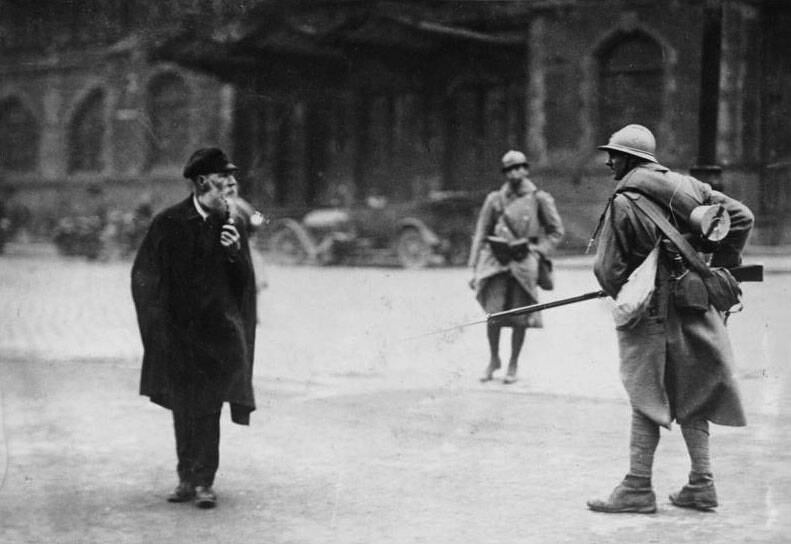
In the early 1920s, the Ruhr Occupation by France and Belgium was a response to Germany’s inability to pay reparations after World War I. The occupation heightened tensions in Europe, with the potential for conflict looming.
Despite the economic and political strain, the situation did not lead to war. Instead, through diplomatic efforts and the Dawes Plan in 1924, the crisis was defused, illustrating the power of negotiation over military action.
The Cod Wars: Fishing Rights and Frosty Relations

The Cod Wars were a series of disputes between the United Kingdom and Iceland over fishing rights in the North Atlantic during the 1950s to 1970s. These confrontations never erupted into full-scale war, though there were clashes at sea.
The disputes were ultimately resolved through negotiations, with Iceland’s fishing limits being recognized. The Cod Wars are a testament to how resource conflicts can be settled through diplomacy rather than force.
The Cuban Missile Crisis: Brinkmanship at Its Peak
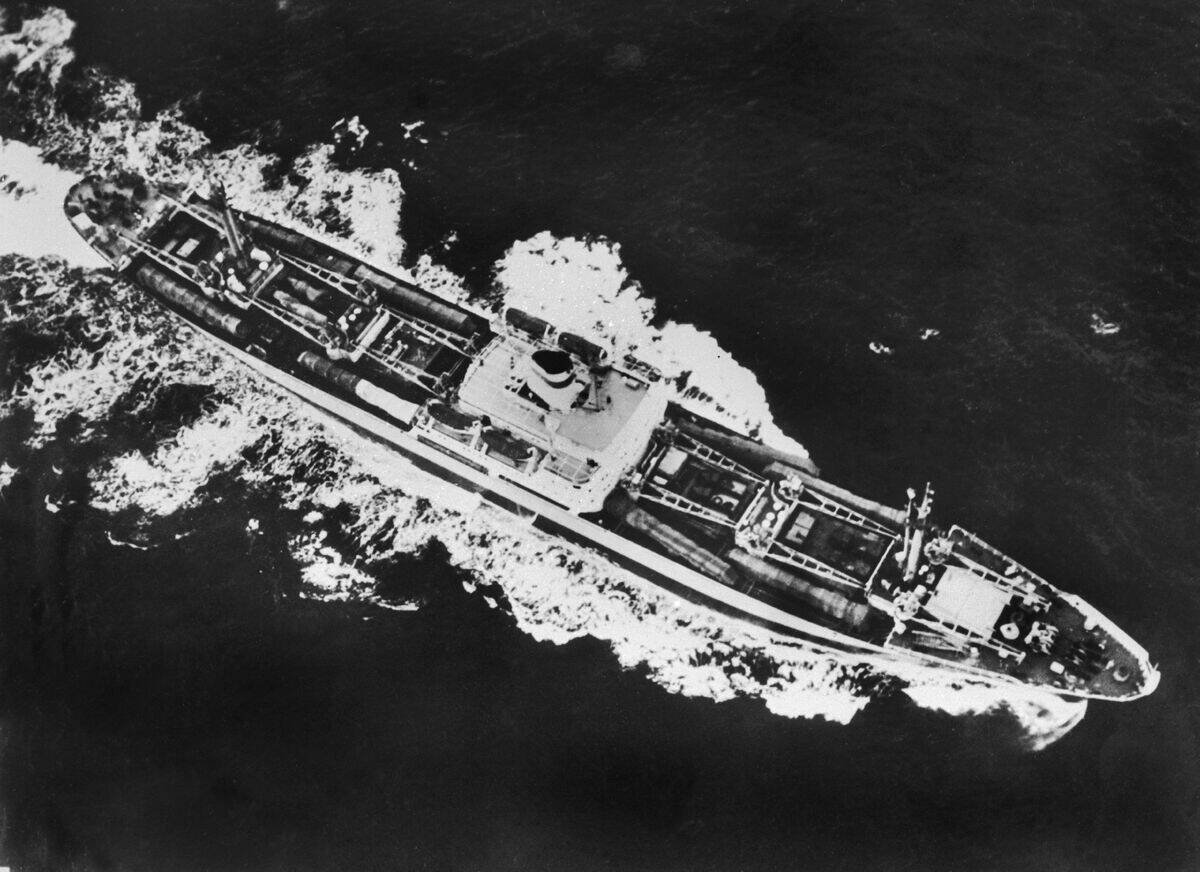
The Cuban Missile Crisis in 1962 was a dramatic episode of Cold War brinkmanship between the United States and the Soviet Union. For 13 tense days, the world watched as the two superpowers came close to nuclear war over missiles in Cuba.
Through intense negotiations, leaders managed to reach a compromise, with the USSR removing its missiles in exchange for the US not invading Cuba and removing its own missiles from Turkey. This crisis underscored the critical importance of diplomacy in global security.
The Berlin Crisis: A Divided City, Not a Divided World
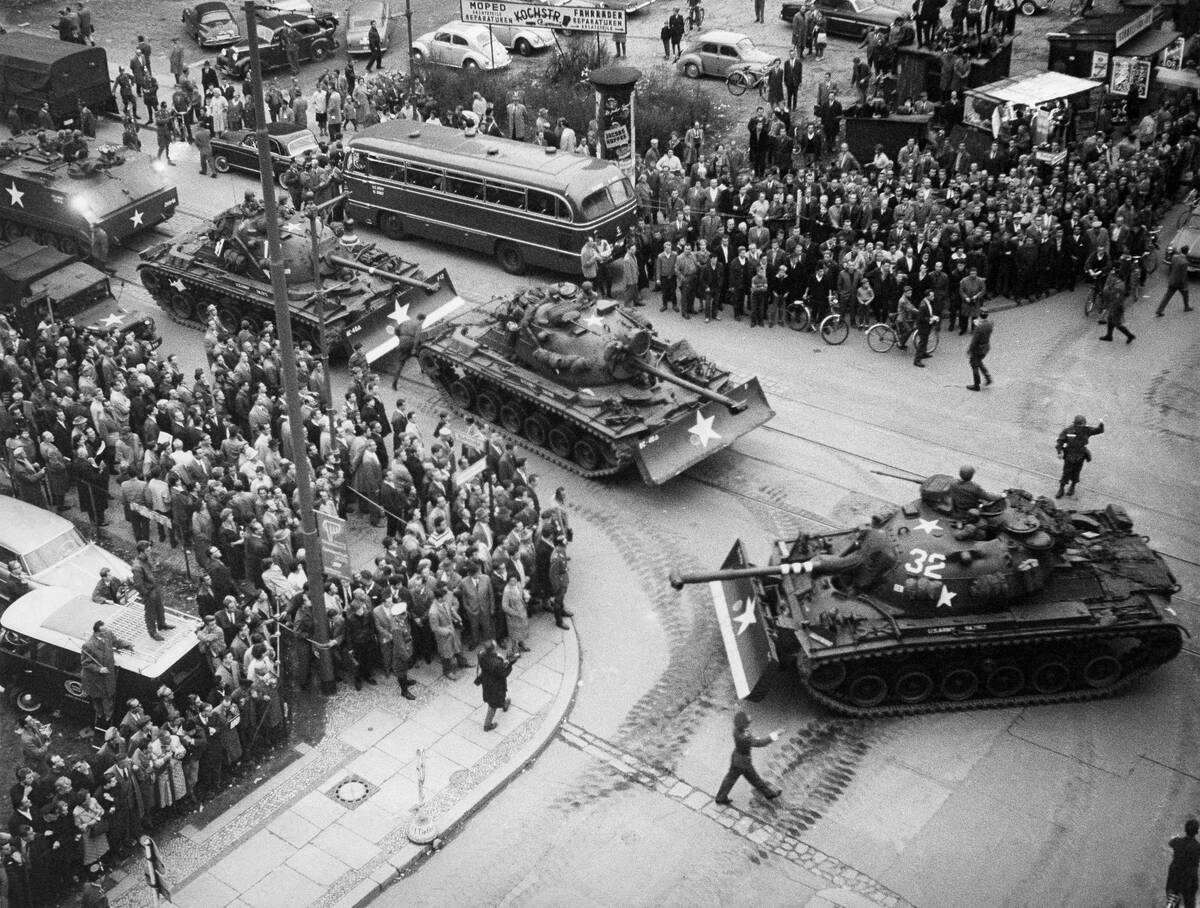
The Berlin Crisis of 1961 was a significant Cold War confrontation over the status of Berlin. The construction of the Berlin Wall by East Germany intensified tensions, symbolizing the division of East and West.
However, despite the standoff, it did not lead to war, thanks to diplomatic negotiations and careful management by international leaders. The crisis highlighted the challenges of divided Berlin but also the potential for peaceful resolution through dialogue.
The War of the Stray Dog: An Incident That Didn’t Escalate
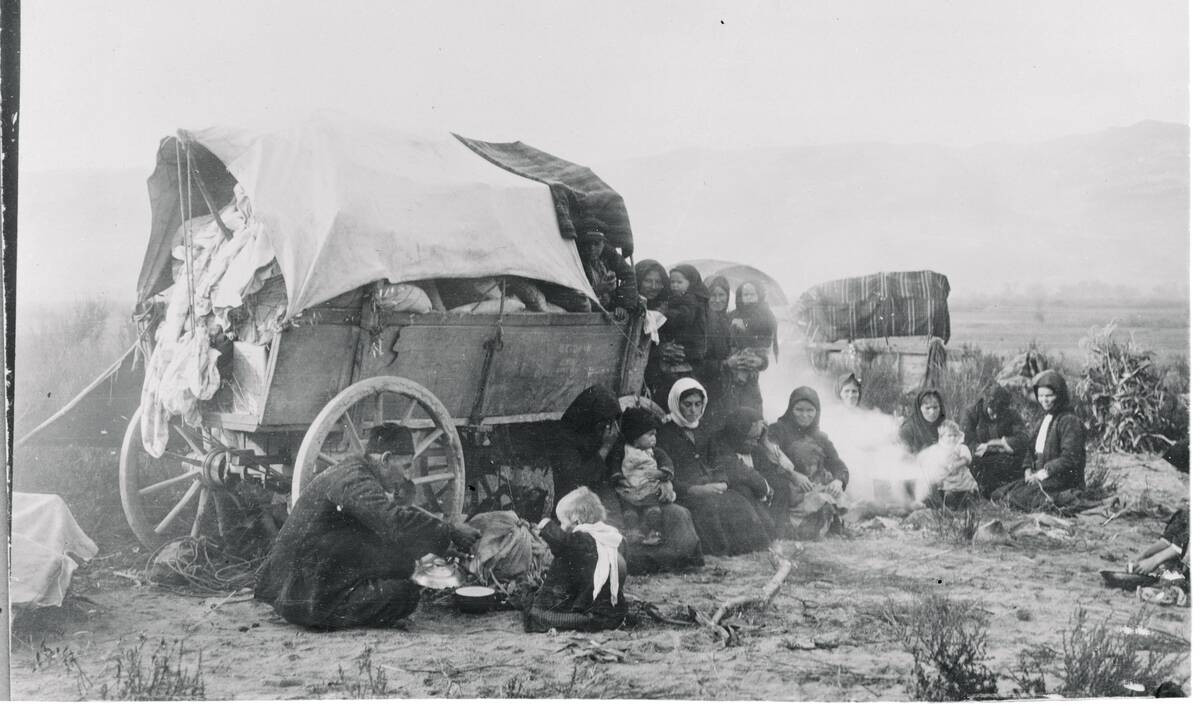
The War of the Stray Dog in 1925 was a brief conflict between Greece and Bulgaria. It began when a Greek soldier chased a stray dog across the border and was shot.
The incident escalated to a brief and violent invasion of the Bulgarian town of Petrich, but the incident was quickly resolved through the intervention of the League of Nations. This incident showed the value of international organizations in calming tensions and preventing minor incidents from spiraling into major conflicts.
The Doklam Standoff: Himalayas Tensions Defused
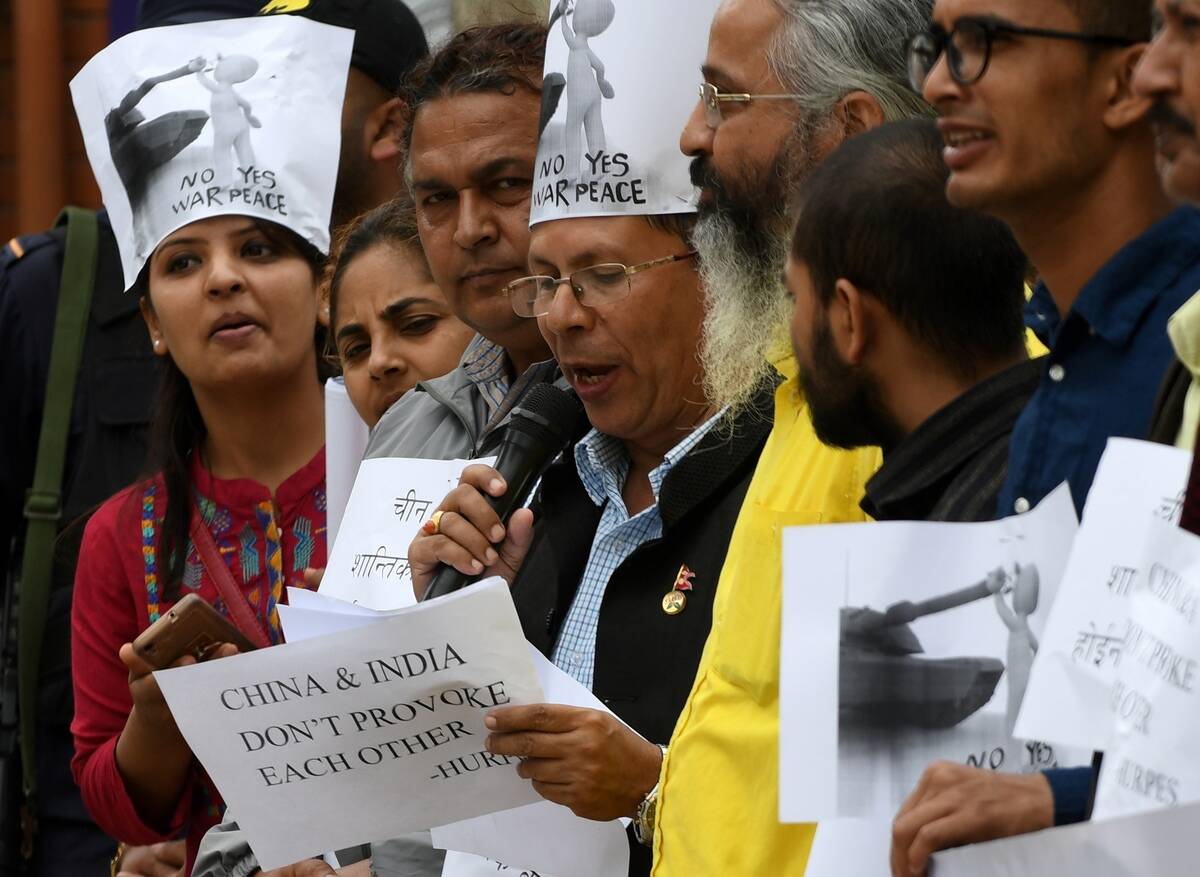
The Doklam Standoff in 2017 was a border dispute between China and India in the Himalayas. Both countries moved troops to the disputed area, raising fears of a military clash.
However, after several weeks of negotiations, both sides agreed to withdraw their forces, avoiding escalation. The resolution of the Doklam Standoff underscores the importance of dialogue and diplomacy in managing territorial disputes and maintaining regional stability.
The Sino-Soviet Border Clashes: Heated Moments, Cool Heads
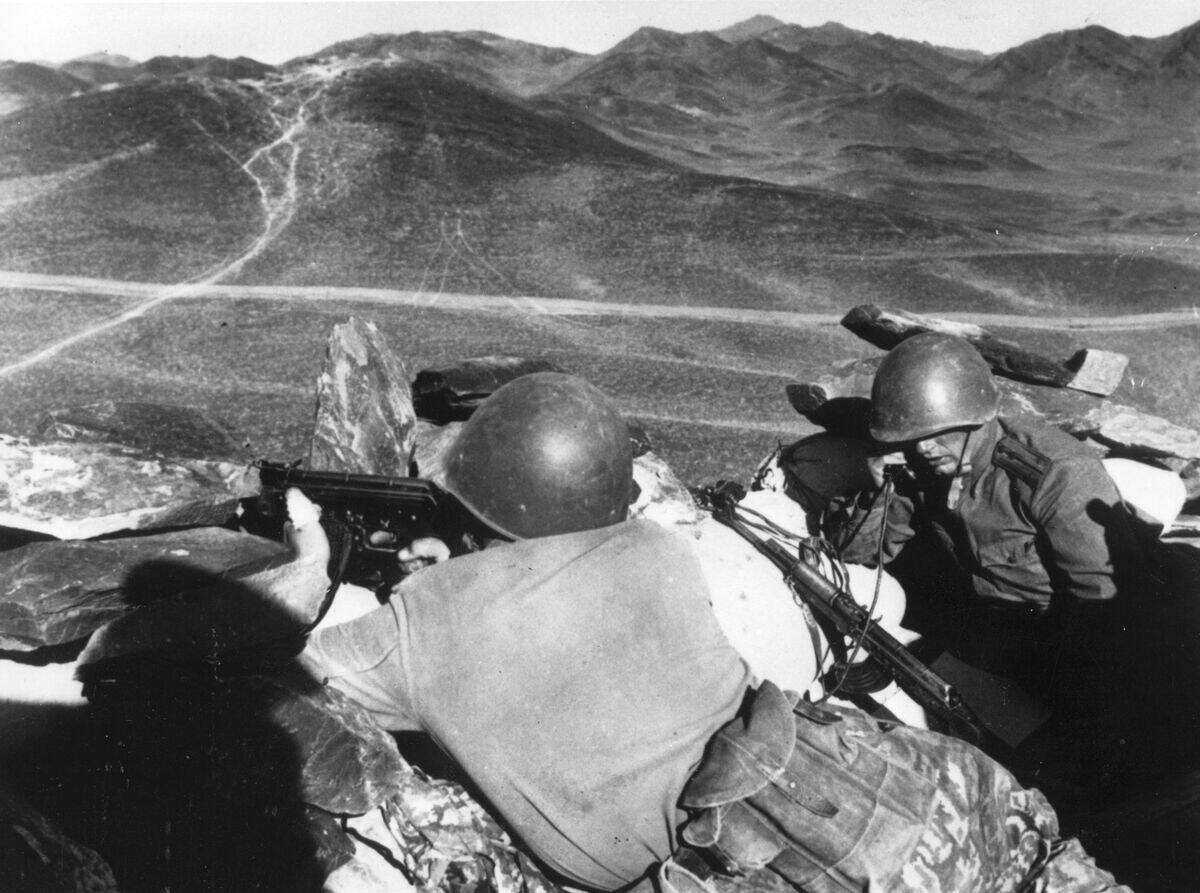
In 1969, tensions along the Sino-Soviet border flared up into a series of military clashes. Both nations were armed with nuclear weapons, making the situation particularly dangerous. Despite the hostility, neither side escalated the conflict further, opting instead for negotiations.
The clashes were a reminder of the potential for conflict between even allied nations, but also of the ability to prevent escalation through diplomatic channels and strategic restraint.



